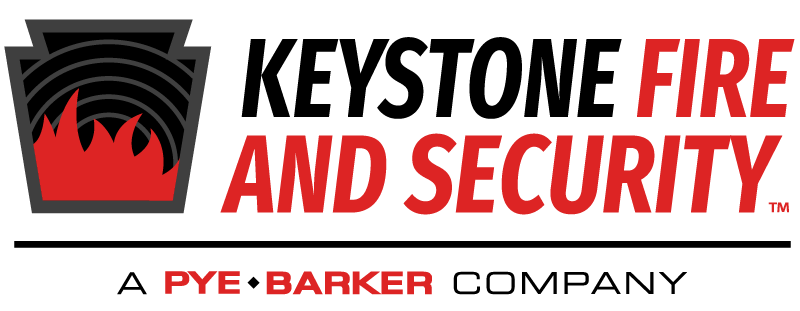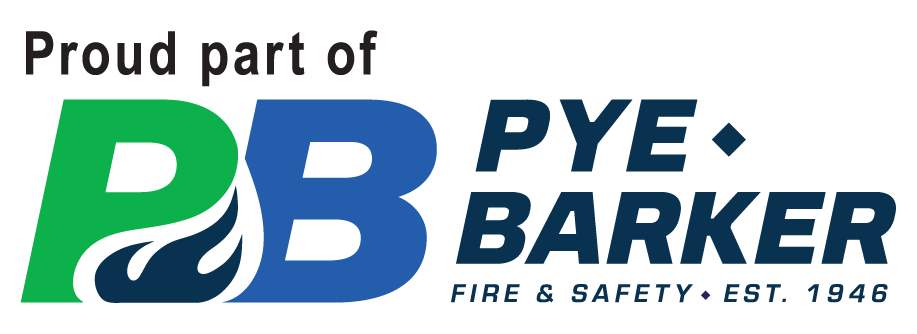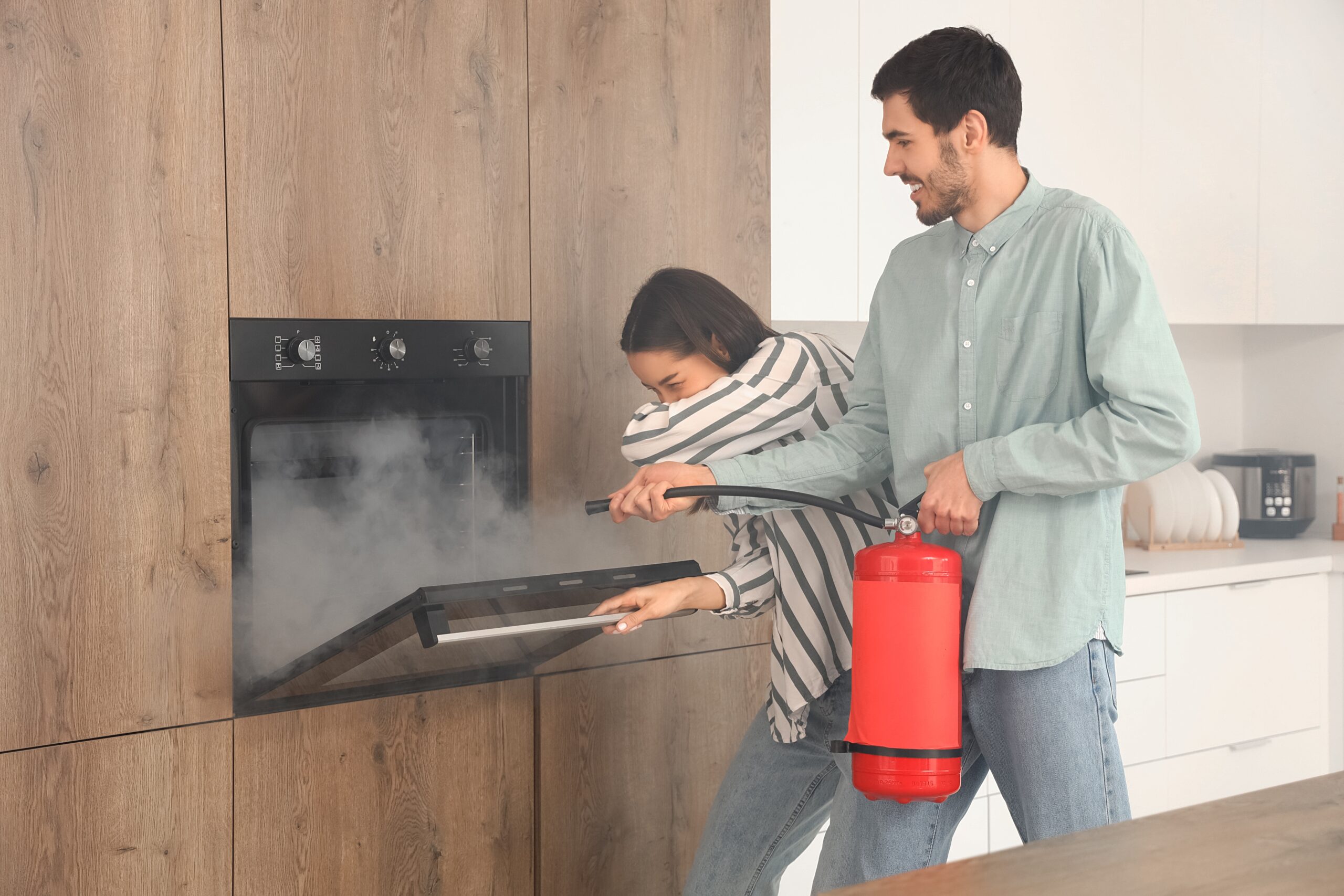Commercial cooking kitchens are high-speed, high-risk operations with a multitude of fire sources waiting to happen. Grease, flames, and heavy-duty kitchen appliances don’t require much imagination where fire safety would be optional to ignore. A restaurant kitchen fire can devastate the business from property loss all the way through inventory loss, but most importantly, to cause injury to employees and customers.
That is why commercial kitchens must adhere to strict fire safety measures. Adhering to fire codes not only preserves lives, but also keeps businesses from incurring hefty fines, or even worse, closure. Important measures include fire safety training in Philadelphia.
Common Fire Hazards of Commercial Kitchens
Commercial kitchens are teeming with potential fire hazards. Some of the typical fire threats common to most kitchens include:
- Grease Buildup: Grease accumulates step by step in kitchen equipment, exhausts vents, and hoods. When fire breaks out, the grease serves as the fuel, helping the flame progress rapidly.
- Open Flames: Cookers, barbecue grills, and cooking apparatus that utilize open flames are immensely risky in spreading fires. With no caution at all when not monitored properly, they can burst into flames anywhere around flammable materials immediately.
- Electrical Fires: Given the high usage of electrical appliances in commercial kitchens, electrical fires are also vulnerable. Overloading the circuit or faulty wiring can lead to a fire erupting in the heat of the kitchen.
Key Fire Safety Systems for Commercial Kitchens
Kitchen Hood Suppression Systems
The kitchen hood suppression system is one of the most critical fire protection systems in a commercial kitchen. It is capable of detecting and suppressing fire at its infancy stage when it is still capable of spreading, targeting sensitive equipment like stoves, grills, and fryers. The systems deploy a fire suppressant onto the cooking surface, starves the fire of oxygen, and douses flames instantly. Installation and scheduled maintenance are a must if these systems are expected to perform optimally.
Fire Extinguishers
Commercial kitchens must be equipped with an adequate number of fire extinguishers properly placed in accessible locations. They must be class K fire (grease) rated, class B (liquids), and class A (general) rated to provide protection against various types of potential fires. Fire extinguishers must be inspected from time to time to ensure that they function, and employees must be trained for their use.
Fire Alarm Systems
A dependable fire alarm system is an essential part of any fire safety plan. The systems must be placed in key positions around the kitchen and be linked to both visual and audible alarms. Detection of a fire early can give staff sufficient time to react appropriately and reduce damage.
Automatic Sprinkler Systems
Even though sprinkler systems are usually fitted in business centers, automatic sprinklers are also required in kitchen areas. They spring into action when they sense excessive heat or smoke and help extinguish fires as well as prevent the fires from spreading.
Ensuring Fire Safety Compliance
Each commercial kitchen must also comply by law with local fire codes, which are often standard regulations laid out by the National Fire Protection Association (NFPA). Fire codes outline specific requirements for fire safety devices, inspections, and employee training. Compliance with the fire codes is not only obligatory by law, but it’s also important in managing risks.
Regular Inspections
Routine inspection of fire safety systems and equipment is necessary to confirm that everything is in working order. This entails testing the kitchen hood suppression system, fire alarms, fire extinguishers, and sprinklers to ensure they are working. Inspections prevent issues from turning into expensive problems.
Employee Training
Staff training is essential to achieve a quick and effective response during a fire incident. Staff members must be trained in the safe use of fire extinguishers, clearing escape routes, and responding in the case of fire.
Compliance Documentation
Apart from installing fire safety equipment, companies are required to keep up-to-date records of all maintenance, inspections, and employee training. Such records serve as evidence of compliance in case of an audit or inspection.
Why Fire Safety is Important for Commercial Kitchens
We also offer commercial fire protection in Lancaster County. Commercial kitchen fires have the potential to be devastating. Not only the risk of life and property loss at the moment, fires can result in downtime that is expensive, loss of business revenue, and even legal repercussions. With the investment in fire protection equipment and adherence to local fire regulations, restaurant owners can safeguard their business, staff, and patrons from the risks of fire. Contact us today.


